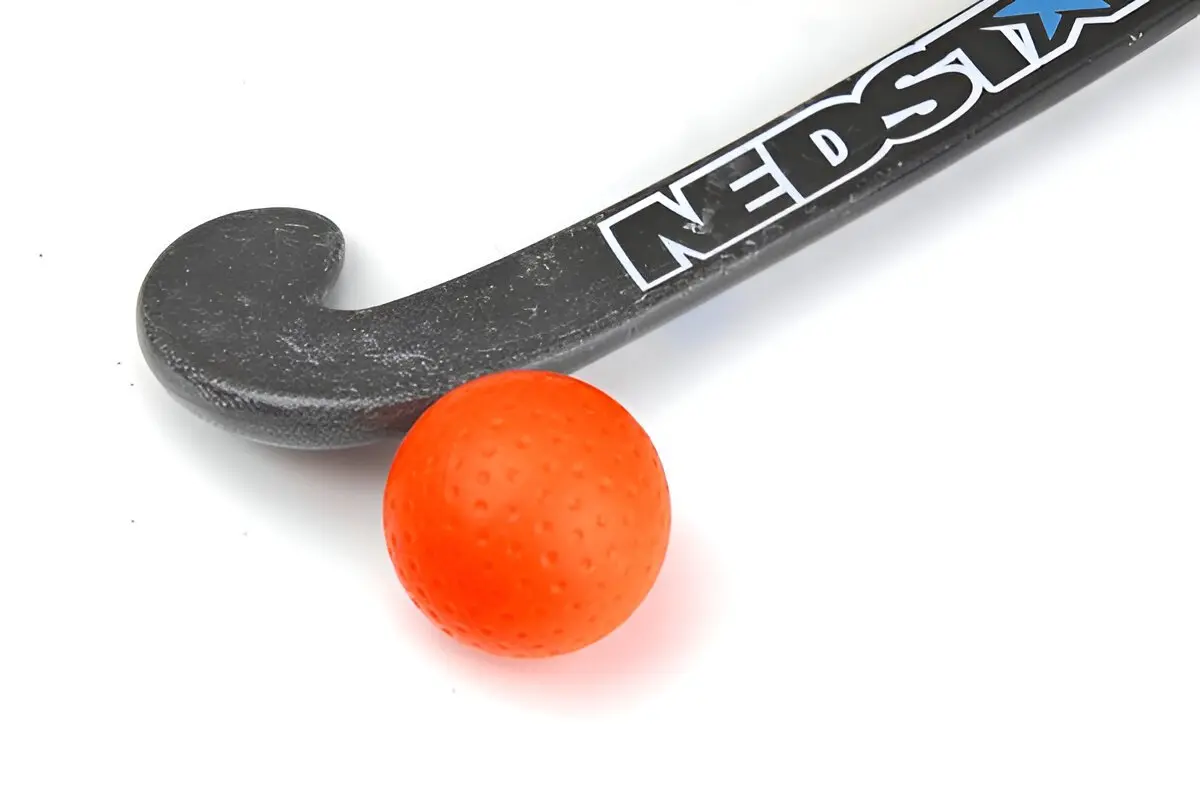Consider an open field. The throng lets out a breath. A player dribbles the ball, stick tapping in time with ground, eyes searching for an opportunity. Then a quick flick sends the ball rocket-like into the net. That is the very heart-stopping core of a field hockey game. Behind every score and every pass, though, is a game steeped in history governed by regulations and motivated by spirit.
The Origins: A Journey Through History
Modern creation isn't field hockey. Its roots run back to prehistoric societies including Greece, Persia, and Egypt. There were variations of the sport whereby team contests employed sticks and balls. But the game as we know it now evolved in England throughout the 19th century. British schools formalized the game during the 1800s; field hockey had its Olympic appearance by 1908.
With its golden past, India dominated the sport from the 1920s to the 1980s a period when hockey was more than just a game. That was a pulse. And that legacy whispers through the passageways of time.
What Is a Field Hockey Game?
Fundamentally, a field hockey game is a fast-paced team sport involving two teams of eleven players each. The goal is: By bending curved sticks a hard, plastic ball into the other net, you can score more goals than your opponent. It calls for agility, planning, and endurance.
Usually split in four quarters, each lasting fifteen minutes, a match is You know how those sixty minutes pass in a whirlwind of sprints, tackles, and yells if you have ever seen a match live.

Player Positions: The 11 Roles That Shape the Game
Just like a symphony, every player has a role. Here's how it plays out:
- Goalkeeper : The final line of defense, often wearing extra padding and a helmet.
- Right & Left Fullback : Defenders placed closest to the goalie.
- Center Half : The pivot, controlling the tempo.
- Right & Left Halfback : Provide defensive cover and link up with forwards.
- Right Wing, Left Wing : Positioned near the sidelines for width.
- Right Inner, Left Inner : Create scoring chances, often cutting inside.
- Center Forward : The finisher, the predator in the circle.
Each position demands a unique blend of skills?from lightning speed to tactical intelligence.
Field Hockey Rules: The Basics
So, how do you play fair in a game this dynamic? Here are the 5 essential field hockey rules :
- No feet! Only the stick is allowed to touch the ball (except for the goalkeeper).
- Stick below the shoulder : Players can't lift their sticks dangerously above shoulder height.
- Obstruction isn't allowed : Players can't block others with their body or stick.
- Free hits : Awarded for minor fouls, must be taken with precision and within five seconds.
- Penalty corners & strokes : Crucial for scoring, awarded for serious fouls inside the striking circle.
Also, there's this curious term 16 in . What is it? Simple. When the attacking team hits the ball over the baseline (without scoring), the defending team restarts play from the 16-yard line.
ALSO READ : Kabaddi Court 101: Size, Structure & The Spirit of Every Match
Court Dimensions: More Than Just Lines on Grass
A field hockey pitch isn't random it's engineered for precision and playability. Here are the specifics:
- Length: 91.4 meters (100 yards)
- Width: 55 meters (60 yards)
- Goal posts: 2.14 meters high and 3.66 meters wide
- Circle/D-shape: 14.63 meters radius from each goal
The field is neatly marked with lines for penalty corners, 23-meter areas, and a halfway line. Each mark has a tactical purpose.
Court Surfaces and Materials: The Game Beneath the Game
Field hockey used to be played on grass. But that was then. Today, top-level matches happen on synthetic turf . Why?
Because it ensures:
- Consistency in ball roll
- Faster gameplay
- Less chance of injury
These turfs are either water-based or sand-based , with water-based surfaces offering slicker and smoother ball movement. However, they also require a lot of maintenance which is why many lower-tier games still use grass or hybrid surfaces.
Field Hockey at the Summer Olympics
Here comes the big stage the Olympics . Since 1908, men's field hockey has been a staple, and women's hockey joined in 1980. The Olympics brought the sport global attention and sparked rivalries that still simmer today.
Let's talk legacy. India has won 8 Olympic golds , the most by any nation in men's field hockey. The dominance during the Dhyan Chand era (1930s) remains unmatched. In contrast, recent years have seen Netherlands, Australia, Germany , and Argentina rising to power.
Olympic Stats and Records:
- Most golds (men): India (8)
- Most golds (women): Netherlands (4)
- Most Olympic appearances: India and Great Britain
- Top scorers: Teun de Nooijer (Netherlands), Jamie Dwyer (Australia)
The Tokyo 2020 Olympics saw India bag a historic bronze after 41 years, sparking a hockey renaissance across the subcontinent.
Records That Shaped the Game
Every sport has its legends, and field hockey is no different. Here are a few records that turn heads:
- Most goals in a career: Sohail Abbas (Pakistan) ? 348 goals
- Most Olympic goals: Dhyan Chand (India)
- Biggest win in Olympic history: India 24-1 USA (1932)
- Longest winning streak in Olympics: India (6 consecutive golds from 1928-1956)
Field hockey may be physically demanding, but it also requires a sharp mind and unshakable heart.
ALSO READ : Karate Belts Demystified: Levels, Colors & the Journey of a Karateka
Who Plays Field Hockey?
You might be surprised by the global reach. While India , Pakistan , Netherlands , Germany , Australia , Argentina , and England are dominant players, the sport is spreading fast in nations like Belgium , Japan , and South Africa .
It's played by:
- Boys and girls in schools
- Amateur clubs
- Professional athletes
- Olympians
So, if you've got a stick, a ball, and passion you can be part of it.
Interesting Facts
- Field hockey has deep historical roots and a vibrant global presence.
- The sport is defined by strict rules, player roles, and fast-paced action.
- Modern pitches use synthetic turf for better gameplay.
- India holds a glorious Olympic legacy, with 8 gold medals in men's hockey.
- The game is inclusive, played by people of all ages and backgrounds.
- Olympic stats and world records keep the legacy alive.
- If you're looking for speed, strategy, and skill?field hockey has it all.
Whether you're new to the sport or a lifelong fan, field hockey invites you to pick up a stick, hit the turf, and write your own story. Because every match is more than a game it's a narrative of passion, power, and pride.
ALSO READ : Table Tennis in India: Rules, Rackets, Table Size & Top Players Revealed�
